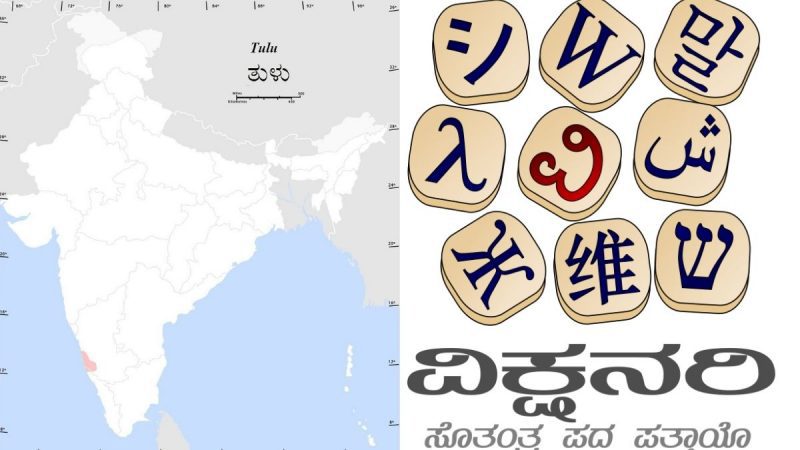Knowledge about different languages is generally made a little less confusing with the help of dictionaries. So many different languages have their own dictionaries. Now, another language dictionary has been added to the list. The Wikimedia Foundation’s Tulu Wiktionary and Tulu Wikisource have been launched, making the online dictionary accessible to the public. The Karavali Wikimedians and Tulu Wikimedians have made six years of voluntary efforts to create a rich and growing dictionary for users to search, edit, and contribute to.
Beginning Of Tulu Wiktionary & Tulu Wikisource
With the help of important contributors like Yakshitha, Kishore Kumar Rai Sheni, Bharathesha Alasademajalu, U B Pavanaja, and Dr. Vishwanatha Badikana, the Tulu Wiktionary and Tulu Wikisource projects have been carried out effectively.
As reported by The Times of India, one of the contributors, Bharathesha, mentioned that they started Tulu Wiktionary in August 2018 following a Tulu postgraduate course at University College. Currently, the Tulu Wiktionary has over 3000 pages of grammatically segregated content. The platform will serve as a vital resource for the global Tulu community, allowing language enthusiasts and scholars to collaboratively expand and refine the Tulu lexicon.
Exploring Tulu Wikitionary
With definitions, etymologies, pronunciations, translations, and more, Wiktionary is a free, multilingual online dictionary that is edited by volunteers all over the world. For language learners, linguists, and cultural experts, it offers comprehensive information on Tulu language terms, use examples, origins, and grammatical intricacies.
The Tulu Wikisource is a free digital library that contains source materials that are either open copyright or in the public domain. Through transcription and proofreading, it seeks to preserve authentic Tulu documents, such as books, letters, historical accounts, and literary works, and make them available to a worldwide audience.
The launch of two platforms promoting and preserving Tulu language and culture is a significant step towards ensuring future generations can continue learning and engaging with this rich cultural heritage, according to Bharathesha, as reported by The Times of India.
Cover Image Credit: Wikimedia Commons
For more such snackable content, interesting discoveries and the latest updates on food, travel and experiences in your city, download the Curly Tales App. Download HERE.
